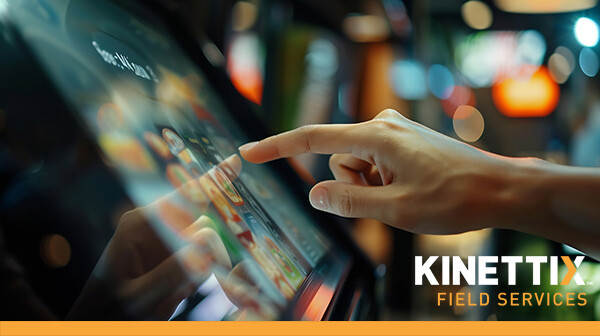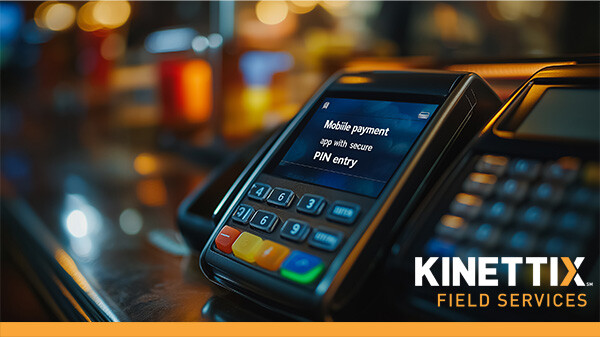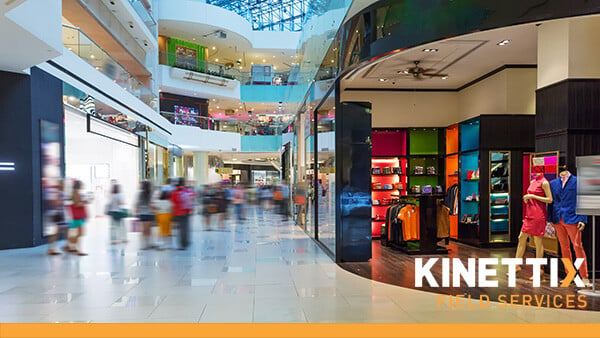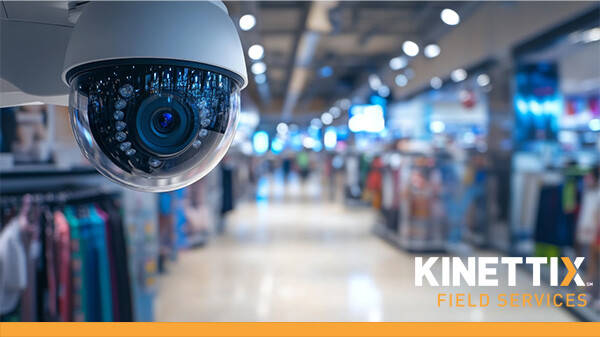In the never-ending battle to maximize efficiencies and improve the customer experience, retailers are increasingly leveraging information technology to enhance store operations and elevate the customer experience. The introduction of smart retail solutions is reshaping how businesses manage their inventory, engage with customers, and streamline their operations. Here are some of the latest technology developments and how they are impacting the retail landscape:
1. Automation and Inventory Management
The backbone of effective retail operations is robust inventory management. Automation powered by artificial intelligence and machine learning has revolutionized how organizations are managing their inventory. AI-driven systems analyze sales data in real-time, allowing retailers to predict stock levels accurately and manage inventory better. By preventing overstock and stockouts, businesses can ensure that products are always available when customers need them.
Automated inventory systems also facilitate seamless reordering processes. For example, retailers can utilize RFID technology to track inventory movement, ensuring visibility throughout the supply chain. This level of automation not only reduces human error but also frees up staff to focus on customer service and other value-added activities.
2. Enhanced Customer Experience with Personalization
Today’s consumers expect a shopping experience tailored to their individual preferences. Technology-driven personalization significantly enhances the customer experience in retail stores by enabling a deeper understanding of individual preferences and behaviors. Through the use of data analytics, retailers can gather and analyze vast amounts of information regarding customer purchasing patterns, demographics, and feedback.
This data allows businesses to tailor their marketing efforts and product offerings to meet the specific needs of their customers. For instance, personalized recommendations based on past purchases can help customers discover new products that align with their interests, making their shopping experience more relevant and enjoyable. Additionally, targeted promotions and discounts can be offered through mobile apps or loyalty programs, further engaging customers and encouraging repeat visits.
Moreover, integrating customer relationship management (CRM) systems allows retailers to create a seamless and personalized shopping experience across multiple channels. By tracking interactions both online and in-store, retailers can ensure that customers receive consistent messaging and support regardless of how they choose to engage with the brand. For example, a customer who browses products online can receive tailored emails featuring items they showed interest in, which can then be complemented by in-store experiences that reflect their preferences. This level of personalization not only fosters a stronger emotional connection between customers and brands but also enhances overall satisfaction, ultimately driving loyalty and increasing sales for retailers.
3. Smart Payment Solutions
The way consumers pay for goods has evolved significantly with the rise of mobile payment solutions and contactless transactions. Technologies such as NFC (Near Field Communication) and mobile wallets enable fast, secure transactions, enhancing the overall shopping experience. Retailers are increasingly adopting self-service kiosks and mobile point-of-sale (mPOS) systems, which empower customers to complete transactions independently, reducing wait times and improving operational efficiency.
Integrating these smart payment solutions with existing IT infrastructure can streamline financial processes and minimize errors. With the right IT field services partners, retailers can ensure these systems are properly installed, maintained, and upgraded as needed.
4. Omnichannel Retailing
In today’s retail environment, customers expect a seamless shopping experience across multiple channels. Omnichannel retailing integrates online and offline shopping experiences, allowing customers to engage with brands through various platforms. For instance, customers can browse products online, check in-store availability, and choose between in-store pickup or home delivery options.
5. Digital Signage and In-Store Technology
Digital signage is becoming an essential tool for retailers looking to enhance customer engagement. These dynamic displays can showcase promotions, provide real-time updates, and offer interactive experiences for customers. With the support of IT field services, retailers can ensure that these systems are installed correctly and maintained regularly, minimizing downtime.
Interactive displays can also improve customer experience by allowing shoppers to explore products in-depth. For example, customers can view product specifications, watch demonstration videos, or even access customer reviews through these digital platforms. This not only enhances the shopping experience but also encourages informed purchasing decisions.
The Future of Retail Technology
As technology continues to evolve, the retail landscape will continue to undergo significant transformations. Emerging trends such as Internet of Things (IoT) integration, enhanced data analytics, and the use of augmented reality (AR) are set to further revolutionize the retail experience.
For example, IoT devices can provide real-time insights into customer behavior and preferences, allowing retailers to adapt their strategies on the fly. AR can enhance the shopping experience by allowing customers to visualize products in their own space before making a purchase. Effective IT support will be critical in implementing these technologies and ensuring they are utilized to their full potential.
The Role of IT Field Services
To implement these advanced technologies effectively, retailers often rely on IT field service partners. Companies like Kinettix specialize in providing the necessary support and expertise to manage technology deployments. From installing hardware to providing rapid-response break/fix services when devices go down, IT field services ensure that retail operations run smoothly and efficiently.
Having a dedicated IT support team allows retailers to focus on their core business objectives. Retailers can benefit from rapid response times to technical challenges, ensuring minimal disruption to operations. Moreover, ongoing maintenance and support from field service providers can help retailers stay ahead of technology trends and ensure their systems remain competitive.





